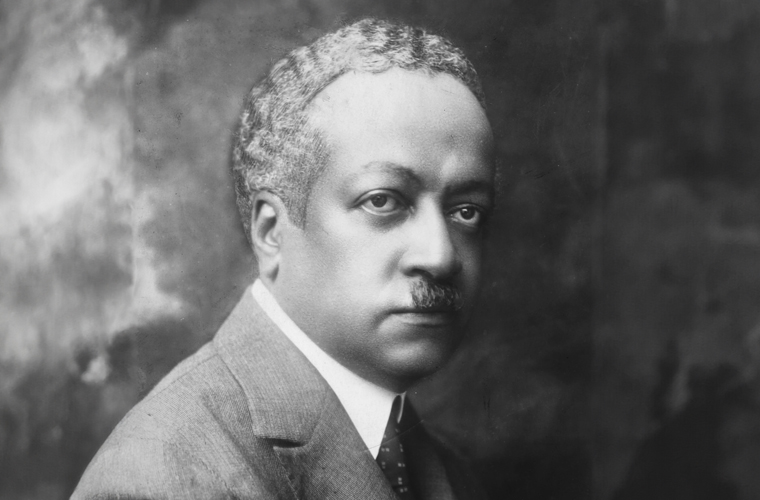Dr. Juliano Moreira, a prominent figure in the field of mental health, dedicated his life to advocating for the humane treatment of the mentally ill. Born in Brazil, Dr. Moreira pursued his scientific career at the Faculdade de Medicina da Bahia, where he laid the foundation for his remarkable contributions to the field of psychiatry. After completing his medical education, Dr. Moreira sought to further his knowledge and expertise in mental health and complex skin diseases. He embarked on a journey to Europe, where he specialized in his studies and gained invaluable experience in the field. This period of intensive learning and research laid the groundwork for his future endeavors in advocating for the rights and well-being of individuals suffering from mental illness.
In 1903, Dr. Moreira’s exceptional dedication and expertise were recognized when he was appointed as the director of the Hospicio Nacional de Alienados. This marked the beginning of his influential tenure at the institution, where he would leave an indelible mark on the field of psychiatry. For over 27 years, Dr. Moreira served as the director of the Hospicio Nacional, tirelessly working to improve the lives of the mentally ill and challenge the prevailing attitudes towards their treatment.
One of Dr. Moreira’s most significant contributions was his unwavering advocacy for the humane treatment of the mentally ill. During his tenure at the Hospicio Nacional, he led efforts to abolish the use of mechanical restraints on patients, recognizing the dehumanizing impact of such practices. His relentless pursuit of reform resulted in tangible improvements in the living conditions at the hospital, setting a new standard for compassionate and dignified care for the mentally ill.
In addition to his groundbreaking work within the confines of the hospital, Dr. Moreira was a vocal proponent for broader societal change in attitudes towards mental illness. He sought to dispel misconceptions and stigma surrounding psychiatric disorders, advocating for greater understanding and empathy towards those grappling with mental health challenges. His efforts extended beyond the walls of the institution, resonating with policymakers, healthcare professionals, and the general public alike.
Dr. Moreira’s impact transcended national borders, as he became a leading figure in the global movement for mental health reform. His advocacy and pioneering work catalyzed change, inspiring others to reevaluate their approach to mental illness and prioritize compassionate care and support for those in need.
In 1913, Dr. Moreira further solidified his legacy as a trailblazer in the field of psychiatry when he published an influential article challenging prevailing beliefs regarding racial differences in brain anatomy and pathology. In a time marked by pervasive racial prejudices and pseudoscientific theories, Dr. Moreira fearlessly confronted these notions, emphasizing the fundamental unity of humanity and debunking unfounded claims of inherent racial disparities.
Dr. Moreira’s article stood as a testament to his unwavering commitment to scientific rigor and social justice, challenging entrenched biases and advocating for a more inclusive and equitable understanding of human diversity. His bold stance against racialized pseudoscience exemplified his dedication to advancing not only the field of psychiatry but also broader societal discourse on issues of race, identity, and equality.
Throughout his illustrious career, Dr. Juliano Moreira exemplified the highest ideals of compassion, integrity, and advocacy in the field of mental health. His pioneering efforts continue to reverberate through the annals of psychiatric history, leaving an enduring legacy that inspires future generations to champion the rights and well-being of those affected by mental illness.
As we reflect on Dr. Moreira’s remarkable legacy, we are reminded of the profound impact that one individual can have in reshaping our understanding of mental health and advancing a more compassionate and inclusive society. His unwavering commitment to humane treatment, scientific inquiry, and social justice serves as a guiding light for all who strive to create a world where every individual is afforded dignity, respect, and support in their journey toward mental well-being.

